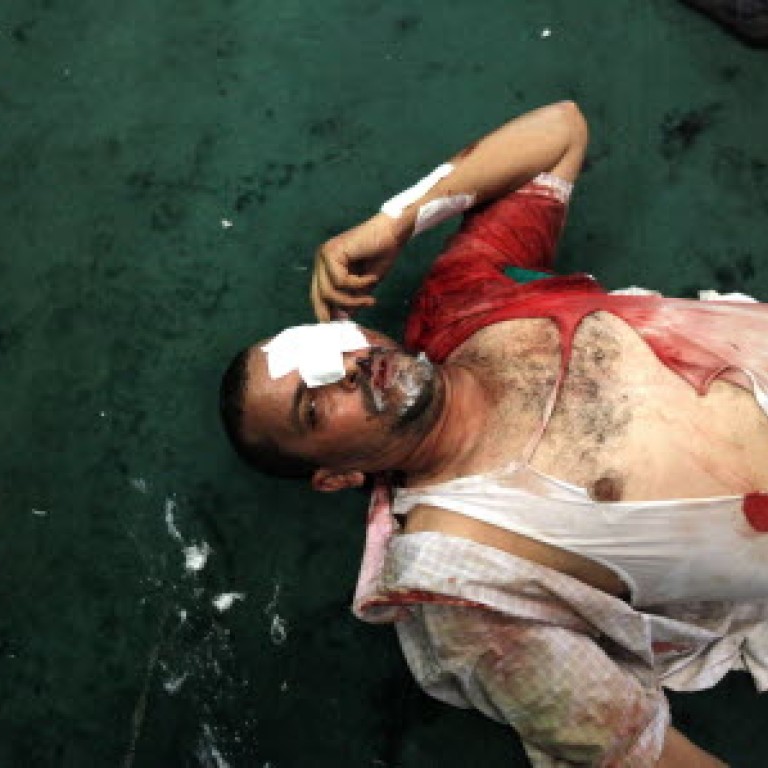
Limits of Arab Spring laid bare
Egypt's military stole the country's democracy when it overthrew democratically elected president Mohammed Mursi in a coup last month. The government it installed was supposed to steer the nation towards reconciliation and unity, but its ordering of security forces to wage a killing spree against the ousted leader's Muslim Brotherhood supporters has crushed any prospect of that.
Egypt's military stole the country's democracy when it overthrew democratically elected president Mohammed Mursi in a coup last month. The government it installed was supposed to steer the nation towards reconciliation and unity, but its ordering of security forces to wage a killing spree against the ousted leader's Muslim Brotherhood supporters has crushed any prospect of that. Hundreds of deaths, a state of emergency and a curfew have erased any doubts about whether military rule would return. Hope of a quick end to the repression seems slim, but if there is to be a possibility, it most immediately lies in international pressure.
The international community has lamentably lacked the will to head off the power grab. Washington, in particular, has favoured rhetoric over action; if it wanted democracy restored, it could start by cutting the US$1.3 billion aid it gives annually to the military. Condemning the crackdown and calling for restraint are well and good, but do not help the Egyptian people at a time of dire need. The consequence is apparent: civil war is possible and the democratic transition that the West portrayed as a model for other Arab nations to follow lies in tatters.
It is the worst possible message for countries involved in the Arab spring of popular uprisings. For most, euphoria has been replaced by disappointment, instability and uncertainty. The movements that toppled autocratic leaders have largely foundered, as in Egypt, exacerbating societal rifts along ideological, cultural and religious lines. Change was supposed to bring jobs, food security, human dignity and freedoms, but those who clamoured for democracy find themselves worse off.
Syria is engulfed in civil war, with more than 100,000 having been killed. Armed militias strike fear throughout Libya two years after a revolution removed dictator Muammar Gaddafi. In Tunisia, where the uprisings began in late 2010, opposition politicians have been assassinated and moderate Islamist leaders are struggling to find consensus for a new constitution. Disillusionment is rife among many who fought and suffered. But as disheartened as they may feel, they should not give up. An important weapon, freedom of expression, has been gained.
Democracy has no set rules and may take decades or generations. Patience, commitment and ensuring inclusion of major interest groups are the building blocks of political change. United and strong pressure and attention from the West should also help, particularly in the case of Egypt.

